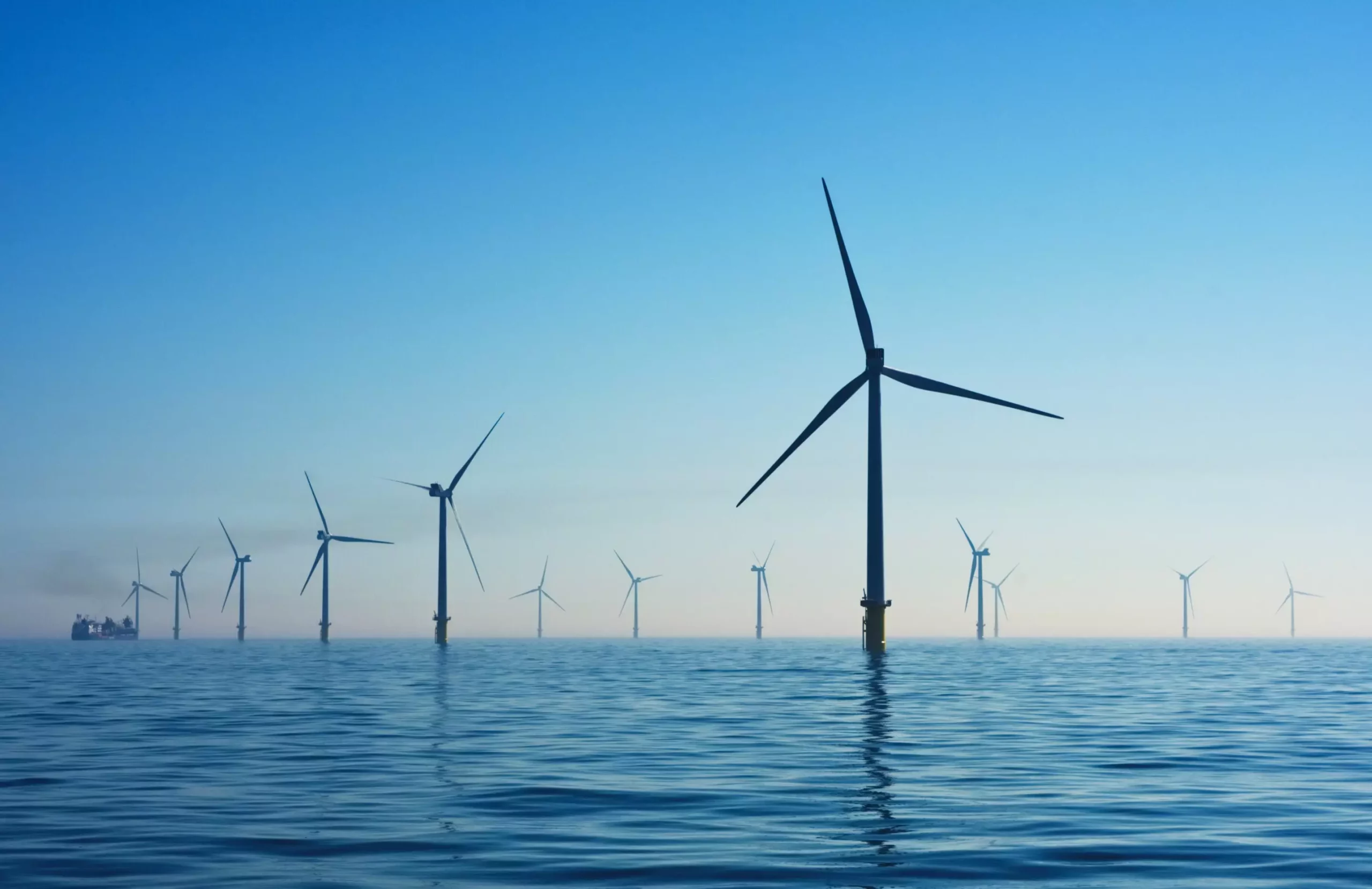The picturesque island of Nantucket has surfaced as a critical battleground in the contentious debate over offshore wind energy. Residents, propelled by environmental concerns and recent calamities associated with wind turbine projects, have taken a stand against federal decisions that they believe jeopardize local marine ecosystems. The organization ACK For Whales has formally petitioned the Supreme Court to review a ruling from a lower court that permitted federal agencies to prioritize the rapid approval of offshore wind farms without conducting a thorough investigation into their ecological impacts. Their concerns are further heightened by the memory of a catastrophic turbine blade failure in July, which has cast a shadow over the credibility and safety of these energy endeavors.
In April, a federal appeals judge dismissed arguments from ACK For Whales that alleged a breach of the Endangered Species Act (ESA) relating to the 62-turbine Vineyard Wind project. This decision has drawn ire from local residents who assert that the construction poses severe risks to endangered species, specifically the North Atlantic right whale. The ruling allowed federal agencies to bypass crucial considerations regarding the impact of these projects on marine life. ACK For Whales contends that the exacerbating circumstances of the July incident highlight the federal government’s negligence in adhering to established environmental laws, a sentiment echoed by the group’s president, Vallorie Oliver.
Oliver articulated the organization’s disappointment, pointing to the negligence exhibited by federal agencies in their rush to advance what they term “pet political projects.” This characterization raises significant questions about the motivations underlying governmental authorities’ support for renewable energy initiatives, particularly when community safety and ecological integrity hang in the balance.
At the heart of the petition lies a critical component of the ESA: the requirement that decisions impacting endangered species must be based on the most accurate and comprehensive scientific data available. ACK For Whales argues that the federal agencies involved have disregarded this obligation, leading to potentially catastrophic consequences for the North Atlantic right whale population. This points to a systemic issue regarding how governmental bodies interpret and apply scientific data in regulatory frameworks. The implications extend beyond the immediate situation in Nantucket, questioning the adequacy of existing legal structures designed to protect vulnerable species amidst the expansion of renewable energy projects.
As the legal battle continues, it becomes evident that the questions raised by ACK For Whales are emblematic of broader national concerns regarding energy policy, environmental protection, and governmental accountability. Residents are left grappling with a paradigm in which ambitious renewable energy projects are pursued at the risk of depleting already endangered marine populations.
The appeal to the Supreme Court signifies a new chapter in offshore wind litigation—one that could set critical precedents for how environmental laws are interpreted and enforced in the context of renewable energy. The significance of the Loper Bright decision has been highlighted by ACK For Whales’ legal team, suggesting that the ruling will empower courts to take a more assertive role in evaluating the interpretations of legislation by federal agencies. This shift might enable judicial bodies to place greater scrutiny on administrative decision-making, particularly regarding its ramifications for environmental protection.
The ultimate outcome of this legal endeavor has the potential to reshape the discourse surrounding renewable energy in the United States. If the Supreme Court decides to hear the case and rules in favor of ACK For Whales, it could impose stricter scrutiny on future offshore wind projects, requiring a comprehensive assessment of ecological impacts before any construction is approved. Conversely, a ruling favoring the government could expedite offshore wind development, raising fundamental questions about the balance between energy needs and environmental stewardship.
As local voices in Nantucket rally against what they perceive as an encroachment on their marine heritage, the legal battles over offshore wind are far from over. ACK For Whales stands as a pivotal force in this struggle, aiming not only to safeguard the rights of endangered whales but also to ensure that renewable energy initiatives do not come at an unsustainable ecological cost. The outcome of the upcoming legal proceedings will resonate beyond the shores of Nantucket, influencing the future landscape of energy policy, environmental law, and the very fabric of marine conservation efforts across the nation.


Leave a Reply